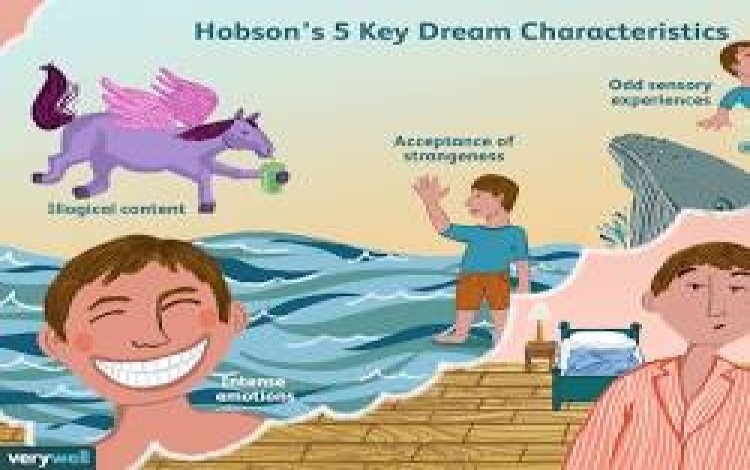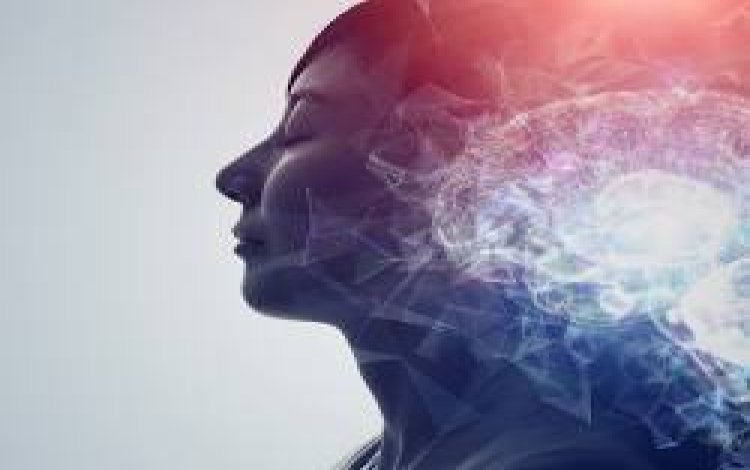The Science of Dreams Decoding Your Nightly Adventures
Dreams have been a source of fascination for centuries. People have tried to interpret their dreams for meaning, and there are many different theories about why we dream.
What causes dreams?
The scientific study of dreams is called oneirology. Scientists believe that dreams are caused by activity in the brain during sleep. The most active part of the brain during dreaming is the forebrain, which is responsible for emotions, memories, and creativity. Dreams typically occur during REM sleep, which is the stage of sleep when our eyes move rapidly. REM sleep is thought to be important for memory consolidation and emotional processing.
What are the different theories about why we dream?
There are many different theories about why we dream. Some of the most common theories include:

01. The wish fulfillment theory:
This theory, proposed by Sigmund Freud, suggests that dreams are a way for us to fulfill our unconscious wishes. For example, if we are feeling angry or frustrated, we might dream about getting revenge on someone.
02. The cognitive processing theory:
This theory suggests that dreams help us to process our thoughts and emotions during sleep. For example, if we are having a difficult time with something in our waking life, we might dream about it as a way to work through it.

03. The biological function theory:
This theory suggests that dreams have a biological function, such as helping to consolidate memories or regulate emotions.
Can dreams have meaning?
Some people believe that dreams can have meaning, while others believe that they are just random images and thoughts. There is no scientific evidence to support the claim that dreams always have meaning, but some people find it helpful to interpret their dreams. If you are interested in interpreting your dreams, there are many different methods available. You can try keeping a dream journal, where you write down your dreams as soon as you wake up. You can also look for patterns in your dreams, or try to identify symbols that have meaning to you.

How to improve dream recall
If you want to remember your dreams better, there are a few things you can do:
- Go to bed and wake up at the same time each day. This will help to regulate your sleep cycle and make it more likely that you will dream.
- Get enough sleep. Most adults need around 7-8 hours of sleep per night.
- Avoid caffeine and alcohol before bed. These substances can interfere with sleep and make it harder to remember dreams.
- Try to relax before bed. Take a warm bath, read a book, or listen to calming music.
- Pay attention to your dreams as soon as you wake up. Write them down or talk about them with someone.
The science of dreams:
- The brain activity during dreaming: When we dream, our brains are very active. The areas of the brain that are involved in vision, emotion, and memory are all working overtime. This is why dreams can be so vivid and emotional.
- The role of REM sleep: REM sleep is essential for dreaming. It is during REM sleep that the brain consolidates memories and processes emotions. People who are deprived of REM sleep often have difficulty dreaming.
- The role of emotions in dreams: Emotions play a big role in dreams. Many dreams are about our fears, desires, and unresolved conflicts. Dreams can also be a way for us to work through difficult emotions.
- The role of symbolism in dreams: Dreams often use symbolism to communicate messages to us. For example, a dream about falling might symbolize a feeling of insecurity. A dream about being chased might symbolize a feeling of being threatened.
- The role of culture in dreams: Our culture can also influence our dreams. For example, people from different cultures might have different symbols in their dreams.
Interested in learning more about the science of dreams, here are some additional resources:
- The book “Why We Sleep” by Matthew Walker: This book provides a comprehensive overview of the science of sleep, including the role of dreams.
- The website “Dreams About”: This website provides a dictionary of dream symbols and interpretations.
- The subreddit “Dreams”: This subreddit is a forum where people can share their dreams and discuss their meaning.
Conclusion
Dreams are a fascinating and mysterious phenomenon. While we still don’t fully understand why we dream, scientists believe that they play an important role in our mental health and well-being. If you are interested in learning more about dreams, there are many resources available online and in libraries.
Writer
Syed Samin Yasar
Intern, Content Writing Department
Requin BD





Write a Comment